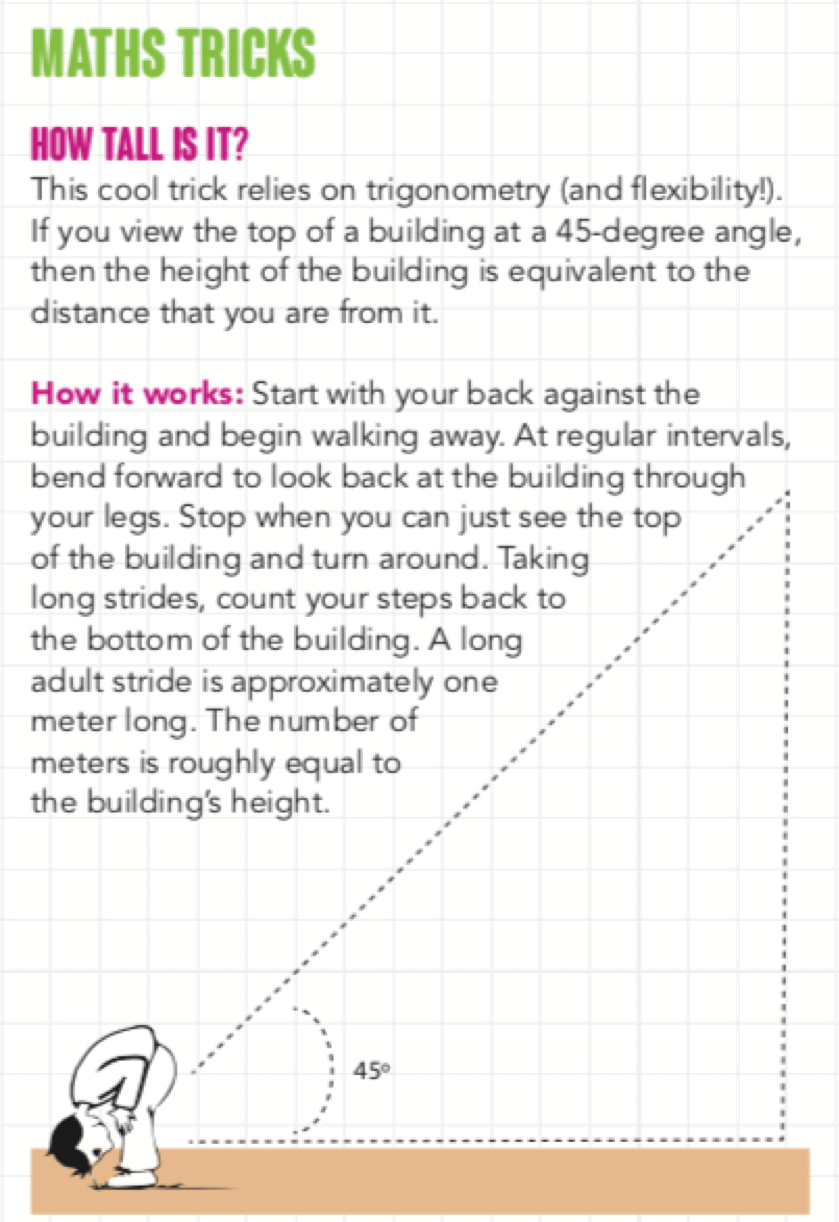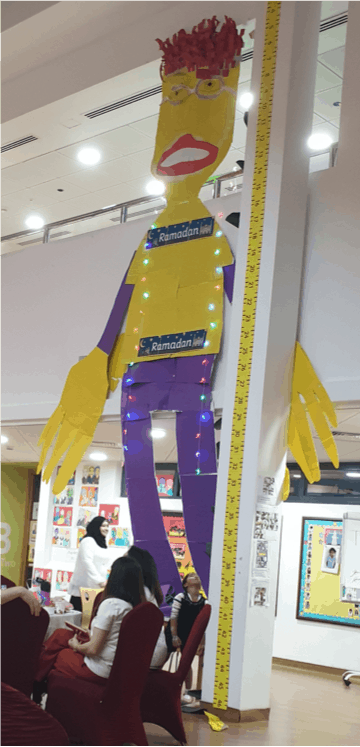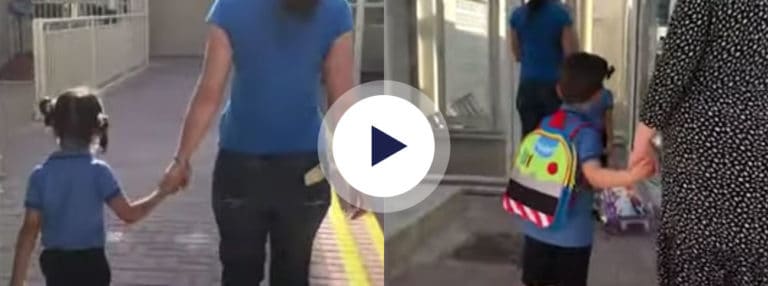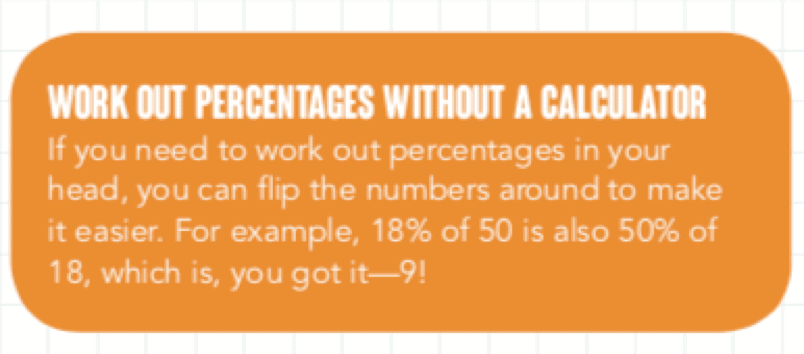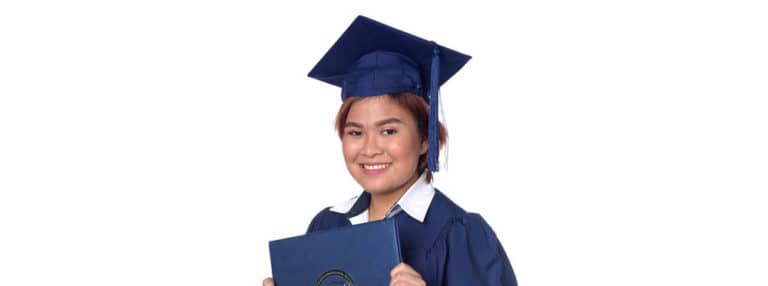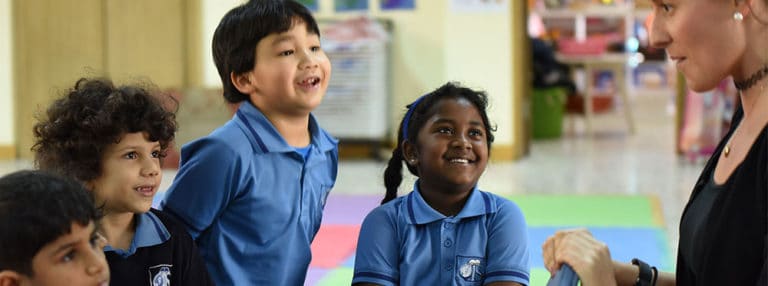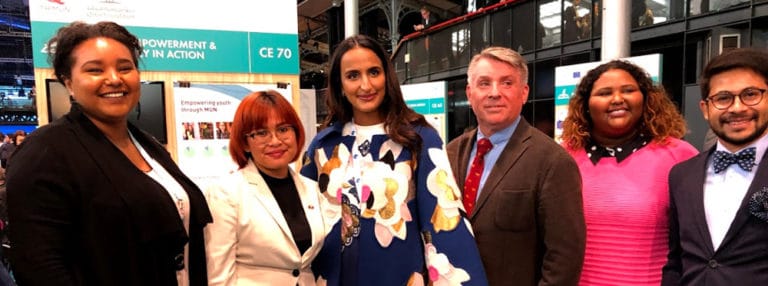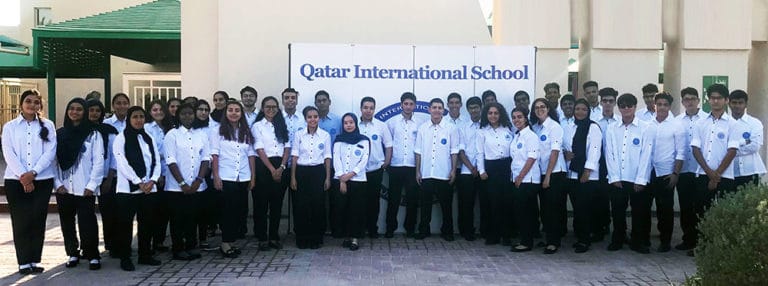Did you know that maths isn’t just remembering numbers, it’s part of everything we see and do and even how our bodies are made! From home, to school, to the park and all the places in-between, you can see real-world examples of maths. For example when using measurements in a recipe or deciding how long it will take to get to the next destination in the car, setting your alarm to wake up in the morning and even watching TV and shopping. You are using maths!The maths department at King’s College Doha are great advocates of using real-life scenarios to help put your mental math’s skills into practice without even realising it – they take every opportunity to explore maths at school using experiments involving chocolate, dinosaurs, our own bodies and the button box!!
